Amitabh Kant, the G20 Sherpa, described India’s assumption of the G20 presidency as a significant responsibility. He emphasized that as G20 president, India’s Prime Minister Narendra Modi will be setting the global agenda. Speaking at the ‘G20 University Connect & Engaging Young Minds’ event, Kant highlighted the historic nature of India’s presidency.
He emphasized the unique responsibility of leading the G20, citing its significant impact on the global economy, trade, patents, and population. Kant stressed that India’s Prime Minister will play a crucial role in shaping the world agenda, particularly during challenging times marked by geopolitical crises, supply chain disruptions, climate finance issues, and global debt crises exacerbated by the Covid pandemic.
Kant underscored the Prime Minister’s commitment to decisive, ambitious, action-oriented, and reform-driven leadership, emphasizing the critical role of India’s youth in achieving these goals. He noted that India’s assumption of the G20 presidency presents both challenges and opportunities, and highlighted the country’s track record of using crises as opportunities for progress in the last 7-8 years.
K Sanjay Murthy, Secretary of the Department of Higher Education, outlined the proposed plans for the education working group under India’s G20 presidency. He identified four priority areas, including foundational literacy and numeracy, tech-enabled learning, capacity building, and lifelong learning in the context of the future of work. Murthy also revealed the proposed meeting and seminar schedule for the education working group, aiming to address these priorities and showcase India’s initiatives in the education sector.
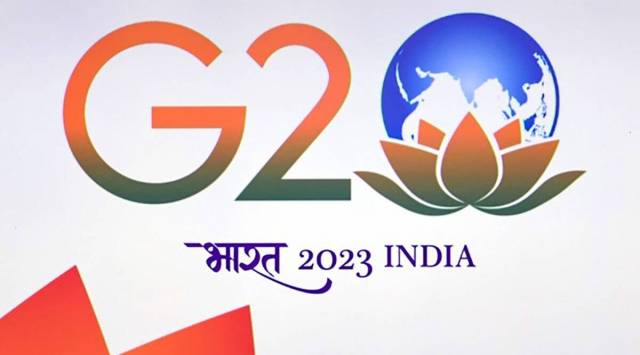


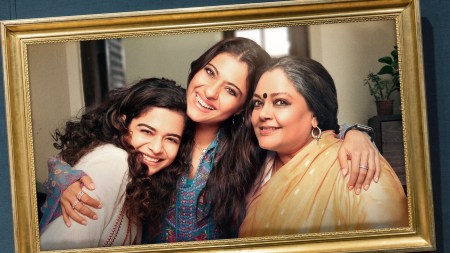
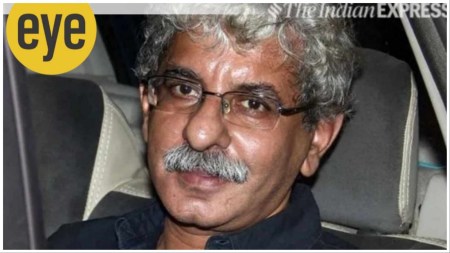




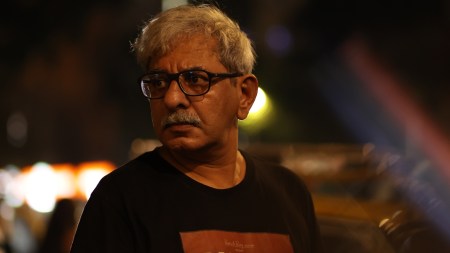
![]()
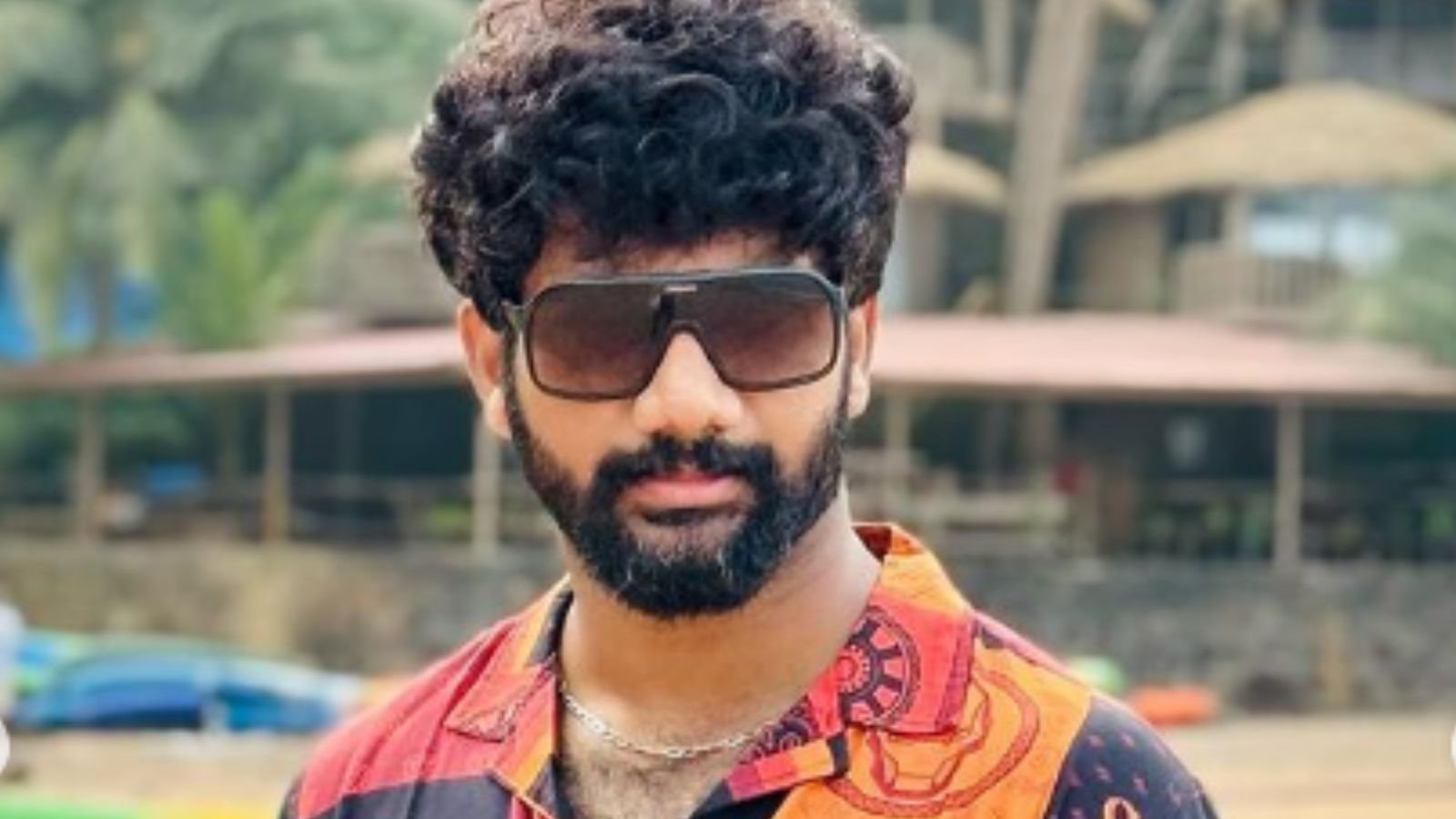



+ There are no comments
Add yours